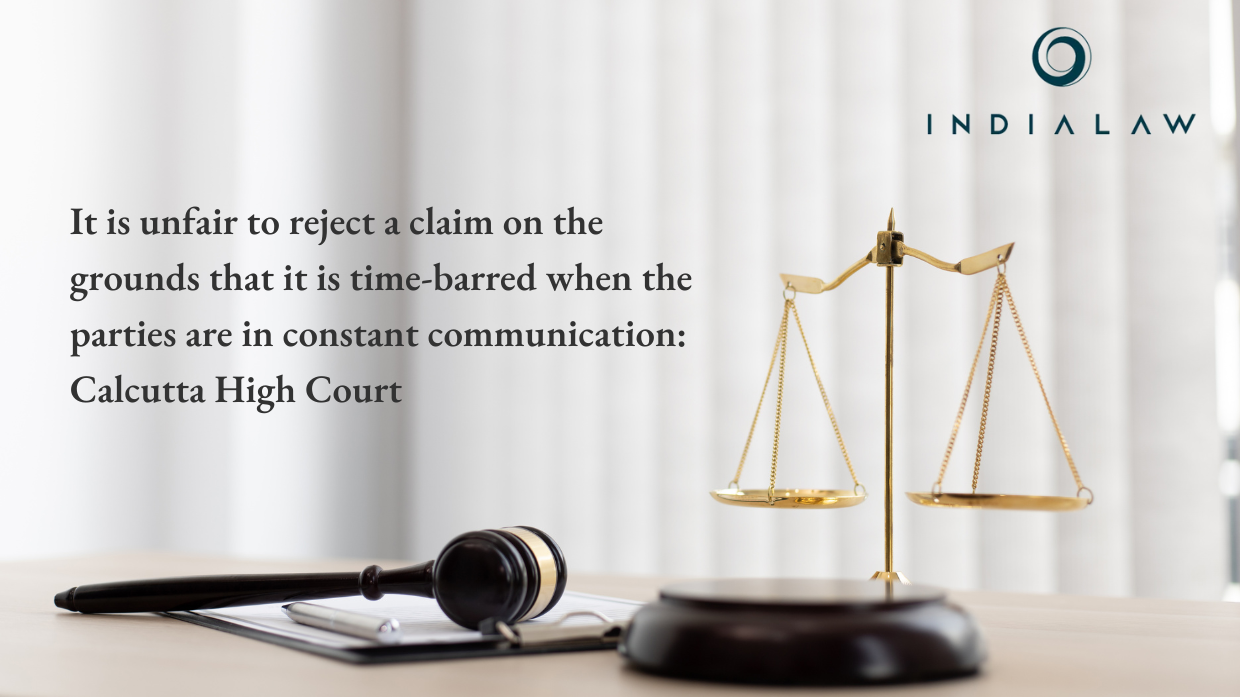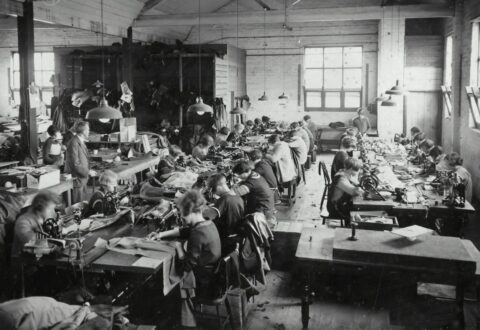It is unfair to reject a claim on the grounds that it is time-barred when the parties are in constant communication: Calcutta High Court

Introduction:
In the case of Tree House Education and Accessories Ltd. versus Holy Trust School, the single bench of High Court of Calcutta was approached under Section 11 of The Arbitration and Conciliation Act, 1996 for the appointment of an Arbitrator. The respondent raised a preliminary objection, asserting that the petitioner’s claim was time-barred under Article 55 of the Schedule of the Limitation Act, 1963. It was held that the if there is a bona fide and genuine claim, the same cannot be barred by limitation in the event the parties are in constant communication for settlement.
Table of Contents
Facts of the Case:
The petitioner had lent a sum of Rs. 75 lakhs to the respondent under a Memorandum of Understanding (MoU) dated 25th March 2011. This amount was intended for the construction of a building on land allocated to the respondent by the Bidhannagar Municipality. Admittedly, the respondent failed to fulfil the terms of the MoU however, acknowledged receipt of Rs. 75 lakhs.
Contentions by Both Sides:
The Respondent contended that the claim was time-barred since the dispute arose on 31st March, 2015 and that the admission of balance confirmation of Rs. 56lakhs was made by the respondent on 31st March, 2017. The invocation notice was issued on 9th August, 2023 thereby Article 55 to the Schedule of the Limitation Act, 1963 would apply. Other than the preliminary contention of the respondent that the petitioner’s claim was time-barred, no other defences were taken. Infact in the respondent’s reply to the invocation notice, the respondent nominated/proposed an arbitrator to adjudicate the disputes arising out of the MoU.
The petitioner argued that verbal representations and requests for repayment were made to the respondent, who failed to take any remedial action. The petitioner further asserted that the respondent’s continued assurances regarding repayment would nullify the claim being time-barred.
Observations of the High Court:
The High Court analyzed the contentions of both parties and examined relevant legal precedents, particularly the case of Bharat Sanchar Nigam Limited and Anr. vs. Nortel Networks India Private Limited. The Court noted that the Supreme Court in the Nortel case distinguished between claims that are manifestly time-barred and those that may have a vestige of doubt regarding limitation. The Court emphasized that a genuine and bona fide claim cannot be dismissed solely on the grounds of being time-barred, especially when parties are actively engaging in communication regarding settlement.
In light of the respondent’s failure to provide a substantive defence to the non-payment and their subsequent nomination of an arbitrator for resolving disputes arising from the MoU, the Court held that the petitioner’s claim could not be considered time barred. The Court appointed an arbitrator and left all issues, including the point of limitation, open for adjudication before the arbitrator.
Conclusion:
The Calcutta High Court’s decision in the case of Tree House Education and Accessories Ltd. versus Holy Trust School underscores the principle that genuine claims should not be dismissed solely on grounds of being time-barred, especially when parties are actively engaged in negotiations and when the respondent has failed to provide any substantive defense. The appointment of an arbitrator and leaving all issues open for adjudication in arbitration ensures that the parties have a fair opportunity to present their case and seek a resolution for the dispute at hand.
By entering the email address you agree to our Privacy Policy.



